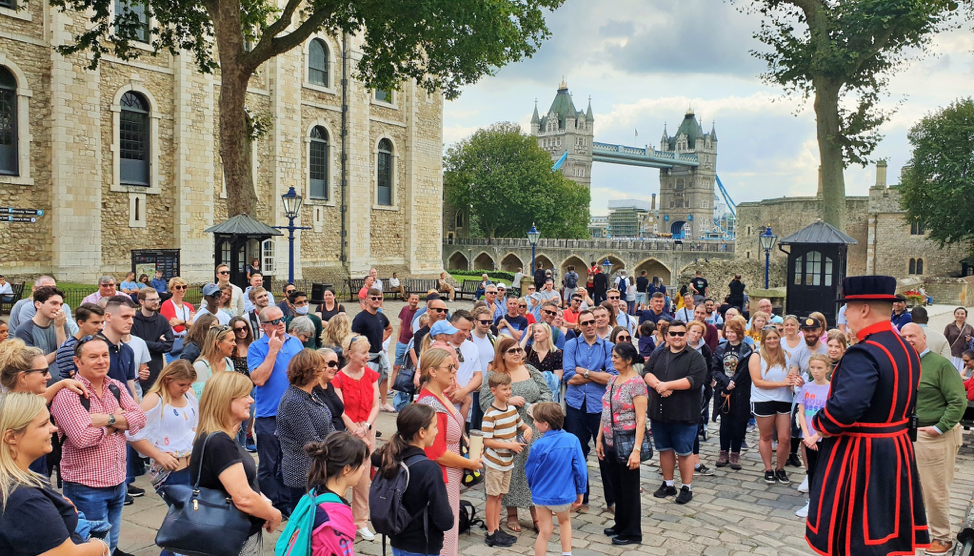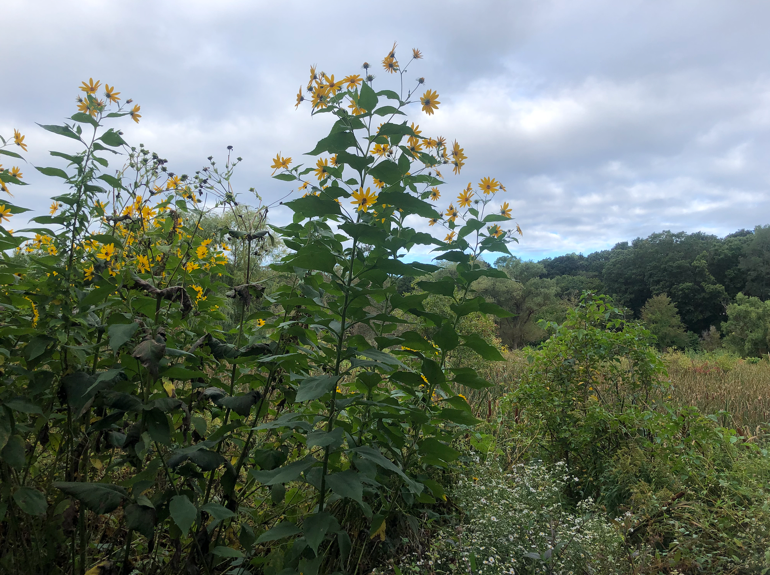By Charlie McMahon (SAR ’23)
One of the great, but often intimidating, parts of college is choosing a major. For many students, this is the first time you have real control over what you are actually going to study. For some, it may feel liberating. For others, daunting. I am here to offer some advice about the process both before entering BU and after matriculating.
First, what actually is a major? The best way I can describe a major is a specific pathway through a college or university. While you will always have some freedom in the courses you take, a major has specific requirements and often includes a suggested timeline for when you should complete each course. Many majors often have overlapping courses, so you will definitely be interacting with students from all across the school, regardless of what you study.
As you apply to schools, many applications will ask for your “intended major” or “major of interest.” Some people come into college knowing exactly what they want to do, while some people have no idea. Whatever situation you find yourself in is totally ok! If you’re feeling lost and overwhelmed, I would recommend browsing the course catalogues online to see what classes different majors require. While short descriptions do not do justice to what actually goes on in the classroom, often you can get a good feel for what the class may be like. If you’re feeling truly lost, many schools have “Undeclared” options, where you can sample a bunch of classes from a variety of disciplines before choosing what suits you best after a year or two.
Now we are going to jump ahead a bit. Imagine you have matriculated, enrolled and are going to classes. College life can be difficult at times. It is an adjustment from high school, and everyone will make the change at their own pace. It is totally normal to begin questioning your path after matriculation. I would honestly be a bit concerned if one didn’t question what they were doing at least once or twice!
Here is the most important part of this post: how do you know you are in the right major? Obviously, there is no magic formula that tells you if you are on the right path. Rather it is highly individualistic. However, as someone who loves their major and has been in the program since matriculation, I can offer a few pieces of advice or “wisdom” I have picked up along my path in the Human Physiology program.
Like I said previously, questioning is incredibly important. If you are feeling overwhelmed by your classes, it is vital to stop yourself and ask what your motivations are. Are you studying this topic because it is truly interesting to you? Perhaps there is family (or even internal) pressure to go into a specific field. The most important question to ask yourself is “Am I happy?”
I cannot sit here and pretend that the act of taking a Chemistry or Physics exam makes me happy. However, when I am feeling overwhelmed, I often find it helpful to look at the bigger picture. Though I do not enjoy the stress before an exam, I generally do enjoy going to my lectures everyday and find myself excited to learn more about the topics relevant to my major. I love making connections across disciplines, like when Biology and Chemistry interact in Systems Physiology. For me, the tradeoff of my love for, and general interest in, the disciplines outweighs the frustration and temporary stress of exams and deadlines.
If you ask yourself this question and realize that you aren’t happy or excited by your classes, I would challenge you to ask yourself a further question – is it just one class or is this a trend? You will take so many classes with so many different professors. As professors are people too, you will click with some and not others. Unfortunately, sometimes this personal connection carries over into the classroom. You are bound to have some professors that do not fit your exact learning style every once and while. No one is expecting you to love every single class you take. If you notice that this unhappiness seems to be a relatively isolated incident, I would make note of it, but carry on.
If you notice that this unhappiness seems to be a trend within your courses, then it is probably time to meet with an advisor. They can help you to figure out exactly what about your program may not be the right fit and potentially help you adjust to a better suited curriculum.
My parting piece of advice is this: when you are really stressed and frustratingly asking yourself “why did I have to pick this major,” ask yourself, “what would I be doing if I wasn’t studying this topic?” Personally, I do not have an answer to this question. As I said, I cannot say I love writing out my Chemistry mechanisms in a high stress timed environment, but when I picture myself doing something different, it just does not feel right. This grounding exercise can be quite helpful when I am overwhelmed. It forces me to think about what I appreciate about my program and consistently for me, the positives outweigh the negatives.
Thus, unfortunately, there is no magic way to know if you are in the right major. It will take some introspection and reflection, and perhaps a late night venting session with a friend over a T. Anthony’s mozzarella stick pizza, but you will find your path eventually! It is also important to note that what is best for a friend might not be best for you. College is a personal experience, so try to resist the urge to compare yourself to others. You are only competing against yourself, regardless of what anyone else may tell you! So take some time to figure out what you like best, what motivates you and how you can incorporate that into your studies. It’ll be so much better in the end!


